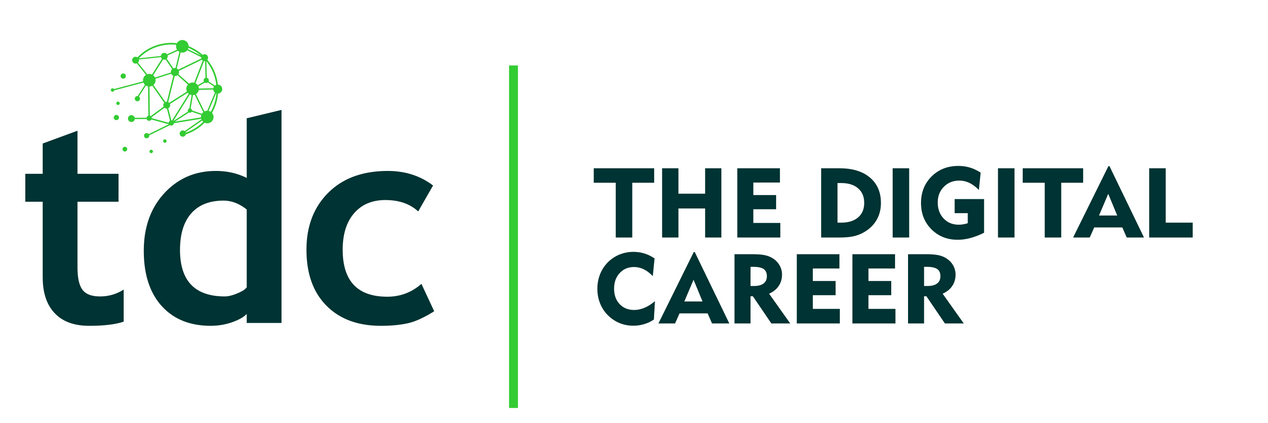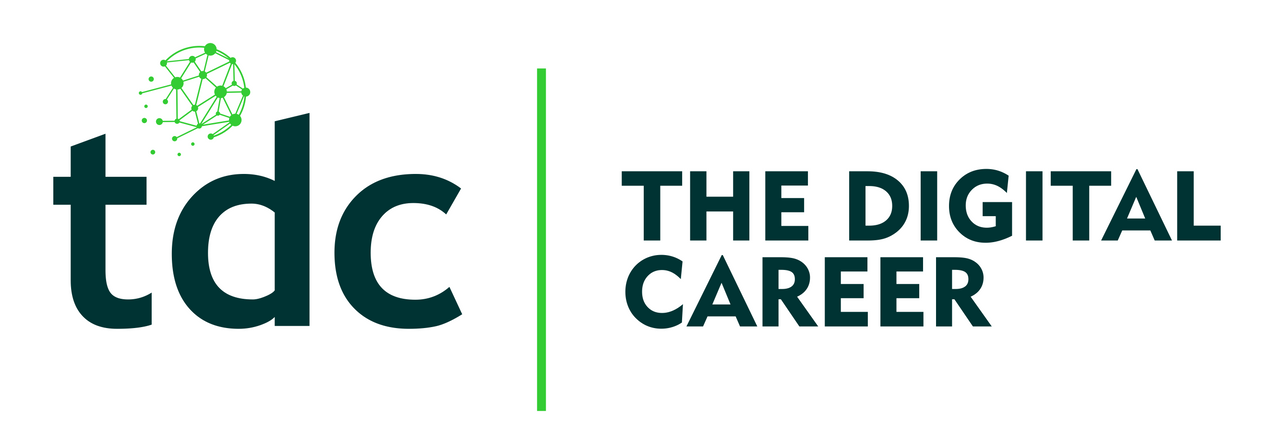EMBRACE INDEPENDENCE: THE INS AND OUTS OF BEING A 1099 CONTRACTOR

From Taxes to Triumphs: Navigating the 1099 Landscape with Confidence
Tax season can be a daunting time for many, especially for those who work as independent contractors or freelancers. If you're one of the millions of individuals who receive income on a 1099 basis, understanding the ins and outs of tax filing is crucial. In this guide, we'll delve into the world of 1099 forms, what they entail, and the key considerations for contractors during tax season.
The 1099 form is a series of documents used to report various types of income other than salaries, wages, and tips. As a contractor, you're likely familiar with receiving a 1099-NEC (Non-Employee Compensation) form, which reports the income you earned from clients or companies throughout the year. This form is similar to the older 1099-MISC form, which was previously used for reporting non-employee compensation.
As a 1099 contractor, you're considered self-employed in the eyes of the IRS. This classification comes with certain responsibilities and considerations during tax season:
"HOW DO I PAY TAXES, SINCE TAXES
AREN'T TAKEN OUT OF MY CHECK?"
Unlike traditional employees who have taxes withheld from their paychecks, contractors are responsible for paying taxes on their income throughout the year. This typically involves making estimated quarterly tax payments to the IRS and, in some cases, state tax authorities. You can also pay them once at the end of the year. The good thing about working at The Digital Career is you will be notified whenever you need to prepare for tax season. And, we will be here for you for any questions or support.
Tax Deductions
"What can I write off during tax season?"
A lot more than you think!
You will be able to write off all of the things you use for your business, such as home office costs, business supplies, mileage, professional development, and health insurance premiums. One benefit of being self-employed is the ability to deduct certain business expenses from your taxable income. This will keep you your taxed income payback to the IRS low. Keeping detailed records of these expenses is essential to maximize your deductions and minimize your tax liability. So be sure to save every electricity bill, or even the receipt of payment for your mortgage or rent. These are deductions that can be used during tax season for your business.
Self-Employment Tax
In addition to income tax, self-employed individuals are also responsible for paying self-employment tax, which covers Social Security and Medicare contributions. This tax is calculated based on your net earnings from self-employment and is typically higher than the Social Security and Medicare taxes paid by traditional employees.
April 15th is typically the deadline for filing your taxes as a 1099 contractor.
unless it falls on a weekend or holiday...
However, it's essential to stay informed about any changes or extensions to the filing deadline, especially considering external factors like the COVID-19 pandemic, which have prompted adjustments in recent years.
Filing taxes as a 1099 contractor requires careful attention to detail and proactive planning throughout the year. By understanding the nuances of the 1099 form, staying on top of your tax obligations, and seeking professional guidance when needed, you can navigate tax season with confidence and ensure compliance with IRS regulations. Remember, staying organized and proactive can help alleviate stress and potentially save you money in the long run.
We'll quickly find the right remote job opportunity for you.
Let us help you find the job of your dreams! No more late night applications, just leave it all to us. We will give you access to 100s of unique REMOTE employment opportunities that you can chose from. Have up to 3 contracts at once and earn potentially $4,000+ a month.
All Rights Reserved | The Digital Career LLC



